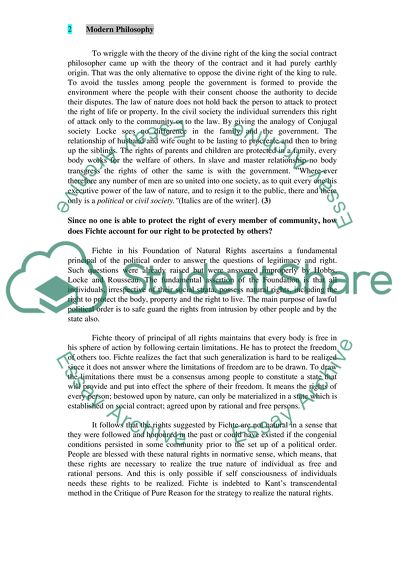Cite this document
(“Why Does Locke Believe That Slavery Violates Natural Law Essay”, n.d.)
Why Does Locke Believe That Slavery Violates Natural Law Essay. Retrieved from https://studentshare.org/philosophy/1548657-mordern-philosophys-paper
Why Does Locke Believe That Slavery Violates Natural Law Essay. Retrieved from https://studentshare.org/philosophy/1548657-mordern-philosophys-paper
(Why Does Locke Believe That Slavery Violates Natural Law Essay)
Why Does Locke Believe That Slavery Violates Natural Law Essay. https://studentshare.org/philosophy/1548657-mordern-philosophys-paper.
Why Does Locke Believe That Slavery Violates Natural Law Essay. https://studentshare.org/philosophy/1548657-mordern-philosophys-paper.
“Why Does Locke Believe That Slavery Violates Natural Law Essay”, n.d. https://studentshare.org/philosophy/1548657-mordern-philosophys-paper.


